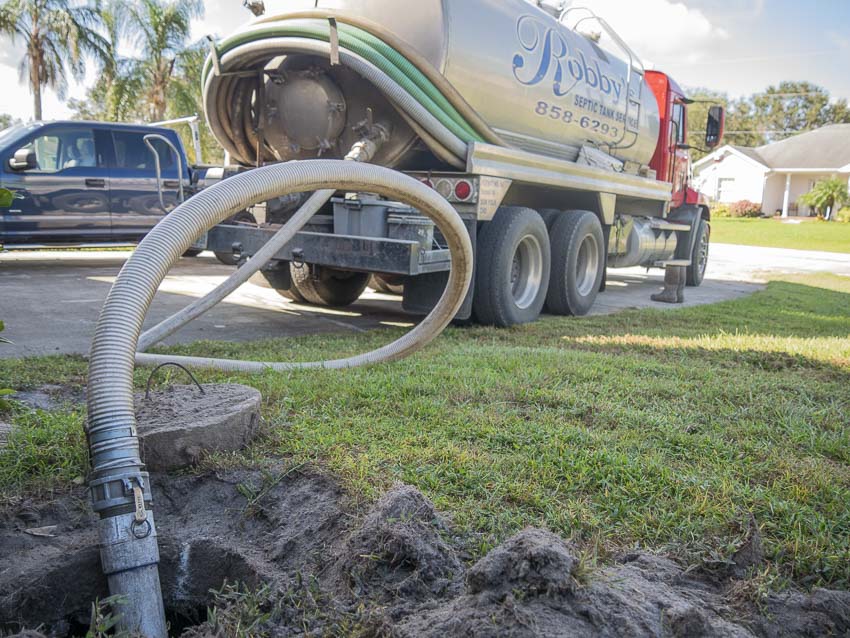Do you know how accurate your balance sheet is? Your balance sheet is a snapshot of the assets and liabilities of your company at a certain point in time, so the answer should be of considerable interest to you. In essence, it categorizes everything into two groups: what you own and what you owe. Not only is it crucial to read and comprehend your balance sheet, but it’s also crucial to have accurate, complete financial data.
You can maintain your monthly balance sheet by utilizing the services of Aventura, FL CPA firm, to ensure that you always have a clear understanding of the overall financial situation of your business. However, make sure to report all of your company’s assets and liabilities ultimately.
An essential part of your bookkeeping is your balance sheet.
It’s simple to understand why P&L is essential to business owners, especially when a startup is just off the ground. You have a problem if your company spends more monthly money than it brings in.
The fact that you might have a positive cash flow and still be in danger is not always clear. Since, once more, it’s not only about what you own but also what you owe. Not only your monthly bills but all of your debt commitments must be considered.
Tracking amortization and depreciation is crucial to keeping a monthly balance statement accurate. Let’s investigate each.
- Spreading out debt responsibilities over a set length of time is called amortization. This would involve regular payments (principal + interest) for loans taken out to cover startup costs and capital expenditures, such as the cost of company vehicles and other equipment. The monthly costs associated with your business must therefore be included in a genuine balance sheet. You must thus account for all of your monthly expenses, including rent, utilities, employees, materials, and supplies, as well as any debt repayments for company loans, credit card usage, etc.
- You are entitled to tax deductions for the value of fixed assets, such as property and equipment, throughout each asset’s useful life, thanks to depreciation. You can deduct expenses over a set time period, such as five years, such as paying $50,000 upfront for a work car. This lowers the amount of taxes owed by your business at that time. The profitability of your company may be significantly impacted by depreciation over time. Depreciation should therefore be taken into account in your monthly balance statement, just as amortization.






